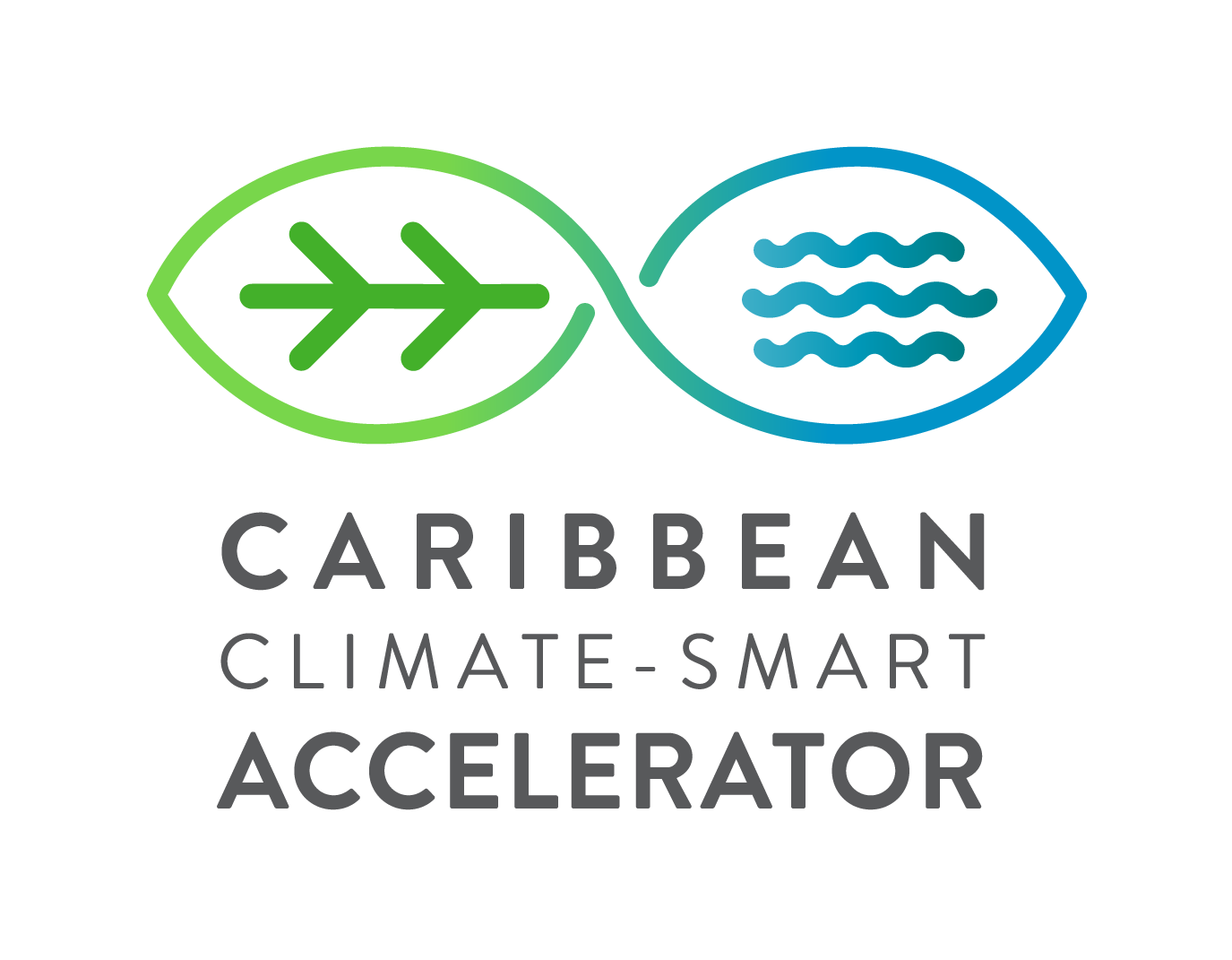Moses: Latest IPCC report must spur more regional collaboration towards resilience-building
The executive summary of the Intergovernmental Panel on Climate Change (IPCC) Sixth Assessment Report (AR6) on Climate Change was released midway through March ahead of the unveiling of the full report. An international body composed of the world’s leading scientists, the IPCC’s reports are seen as a synthesis of the scientific communities’ knowledge on key climate change issues, and are resource documents to inform policymakers at an international level. This report marked the final chapter in the AR6, with previous releases focusing on Physical Science (2021), Mitigation of Climate Change (2021), Impacts, Adaptation & Vulnerability (2022).
Emerging from the summary is yet another strong call to rapid climate action. The international panel continued to highlight the impact of fossil fuels and continued carbon emissions on the deregulation of the climate, and the need for countries to rapidly decarbonize by 2040. The AR6 summary also noted the expected impacts on environments and natural resources like water under current models, all of which are expected to be impacted. Chair of the Alliance of Small Island States Fatumanava-o-Upolu III Dr. Pa’olelei Luteru said of the report: “While our people are being displaced from their homes and climate commitments go unmet, the fossil fuel industry is enjoying billions in profits. There can be no excuses for this continued lack of action.”
With several major policy decisions undertaken in the past few months including the operationalization of Loss & Damage, the goal to protect 30% of the world’s natural areas by 2030, and new legislation on the high seas – there is hope that more action may be forthcoming. Speaking on AR6, Caribbean Climate-Smart Accelerator (CCSA) CEO and UNFCCC Global Ambassador Racquel Moses commented: “We must continue to work together to find solutions that work for our region. Resilience-building and adaptation are key tenets we must develop across the Caribbean, while continuing to exert pressure for rapid systemic change at a global level.”
The Accelerator was developed in response to the 2017 hurricane season and has the central objective to help transform the region’s economy by fast-track public and private investment opportunities that support climate action and economic growth through sustainable development. As a result, the CCSA has been actively promoting Caribbean solutions at major regional and international policymaking events, developing local innovations to remedy global issues.






